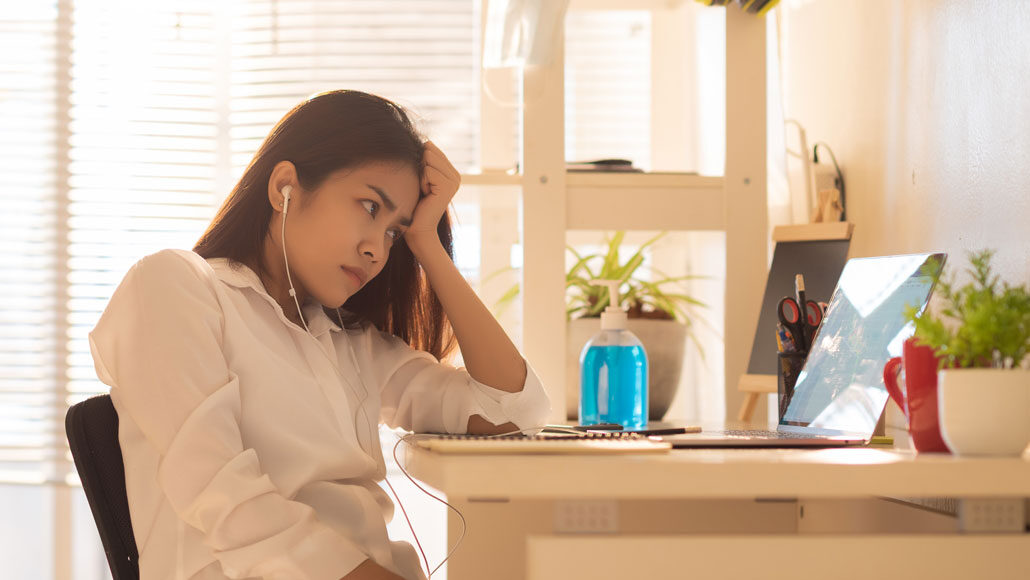Questions for “Boredom may pose a public health threat in the social distancing era”

Two recent studies suggest that people prone to boredom are more likely than others to break social-distancing rules. Accepting the idea that feeling bored is normal could help people cope, say researchers.
Jarernchai Torchot/EyeEm/Getty Images Plus